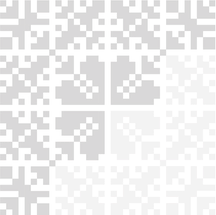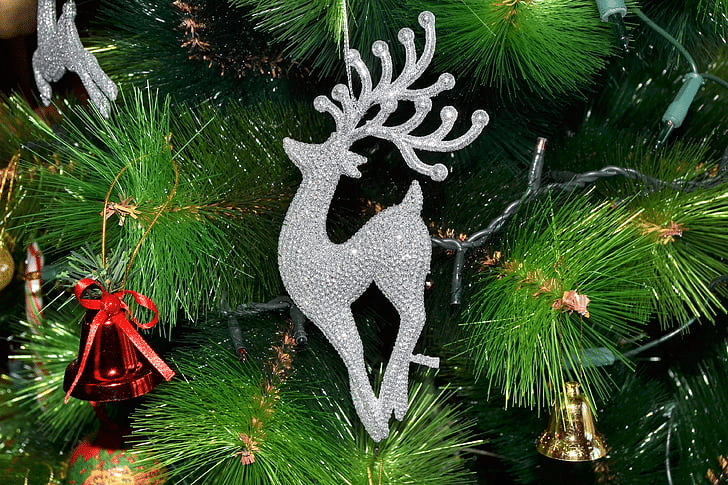C5 M1 L2 Grammar
5 | Modul 1: Gramatika
Sve najbolje ti želim!
5 | 1 | Lekcija 2: Blagdani u mojoj zemlji
| The verb SLAVITI
In the previous lesson you encountered the verb proslaviti (to celebrate something one time, a completed action). In this lesson you have seen the verb slaviti. This verb will be used when we want to indicate that someone is celebrating something repeatedly.
SINGULAR | PLURAL | ||||
ja | slav-im | mi | slav-imo | ||
ti | slav-iš | vi | slav-ite | ||
on/-a/-o | slav-i | oni/-e/-a | slav-e | ||
| Na primjer
Hrvati slave Božić. Croatians celebrate Christmas. – meaning they do it every year | |
Amerikanci slave Dan zahvalnosti. Americans celebrate Thanksgiving. – meaning they do it every year |
| Look at the difference:
Kad planiraš proslaviti rođendan? Planiram proslaviti rođendan u subotu. When are you planning to celebrate your birthday? I plan to celebrate it this Saturday. (One day only.) | |
Što slaviš? Slavim Božić i Uskrs. What do you celebrate? I celebrate Christmas and Easter. (Every year) |
5.1 Zadatak 4. Što slavimo?
Listen to each date and mark whether the given statement is True (Točno) or False (Netočno).
| Preposition PO
In this unit you learned that each of the countries in the region follows a specific calendar. To express this, you need to use the preposition po Locative case. For example:
Bosna slavi Bajram po lunarnom kalendaru. | |
Hrvatska slavi Božić po gregorijanskom kalendaru. | |
Srbija slavi Božić po julijanskom kalendaru. |
Thus, in terms of B/C/M/S terminology, each calendar consists of: a possessive adjective (julijanski, gregorijanski, lunarni) and the noun (kalendar). Because of this, when you want to say that a certain holiday is celebrated according to a specific calendar you need to use the preposition po and the adjective ending in the locative for ”julijanski, gregorijanski, lunarni“ and the noun ending in the locative for ”kalendar“.
| Calendar names
5.1 Zadatak 4. Države i religije
Look at the map and indicate what calendar each of the countries uses for celebrating their holidays.
5.1 Zadatak 5. Blagdani i praznici
Look at the following holidays (national or religious) and write in what month each of them is celebrated. Be sure to use the correct preposition as well. Example: Božić se u Hrvatskoj slavi po gregorijanskom kalendaru u prosincu.
Images used in this document are from these sources.











